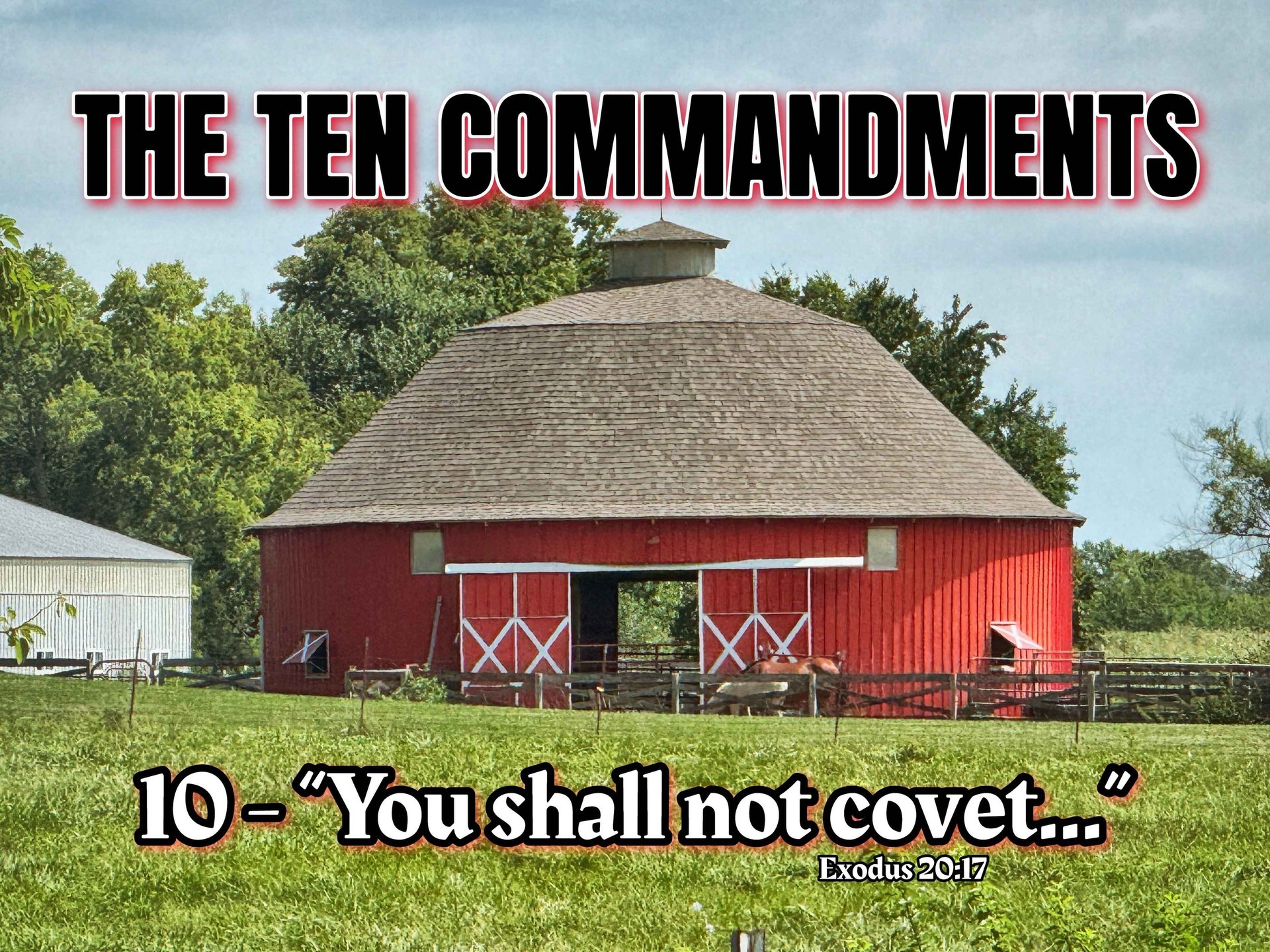The Tenth Commandment
To covet means to want something inordinately. Have you ever seen your neighbor pull into the driveway with a brand-new car?


The Tenth Commandment
The Ten Commandments end with a final warning about coveting. But what does it mean to covet?
Exodus 20:17
“You shall not covet your neighbor’s house; you shall not covet your neighbor’s wife or his male servant or his female servant or his ox or his donkey or anything that belongs to your neighbor.”
To covet means to want something inordinately. Have you ever seen your neighbor pull into the driveway with a brand-new car? You know the feeling. Your heart is instantly drawn to it, and you start thinking, “I want one of those!”
That is what coveting is all about. It’s not ultimately about the car—or any of the other stuff. Coveting is about the heart. The problem with coveting is that you desire something that does not lead you closer to God.
You may have heard the saying, “Money is the root of all evil.” But is money really that bad? Is it so evil that it ruins everything? The answer lies in the actual Bible verse people often misquote. Let’s read what it really says:
1 Timothy 6:10
“For the love of money is a root of all kinds of evils. It is through this craving that some have wandered away from the faith and pierced themselves with many pangs.”
That’s a little different, isn’t it? It’s not money itself that is evil—it’s the love of it. Our desire should not be for money, or for cars, or for someone else’s spouse, or for anything that draws our hearts away from God. There is only one desire that should drive our passions and our souls: a deep, fulfilling relationship with the living God.
Psalm 42:1–2
“As the deer pants for the water brooks, so my soul pants for You, O God. My soul thirsts for God, for the living God…”
I should want only one thing. He is my one desire. In Him will I trust.


